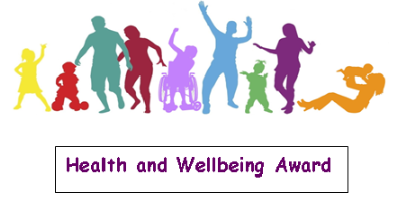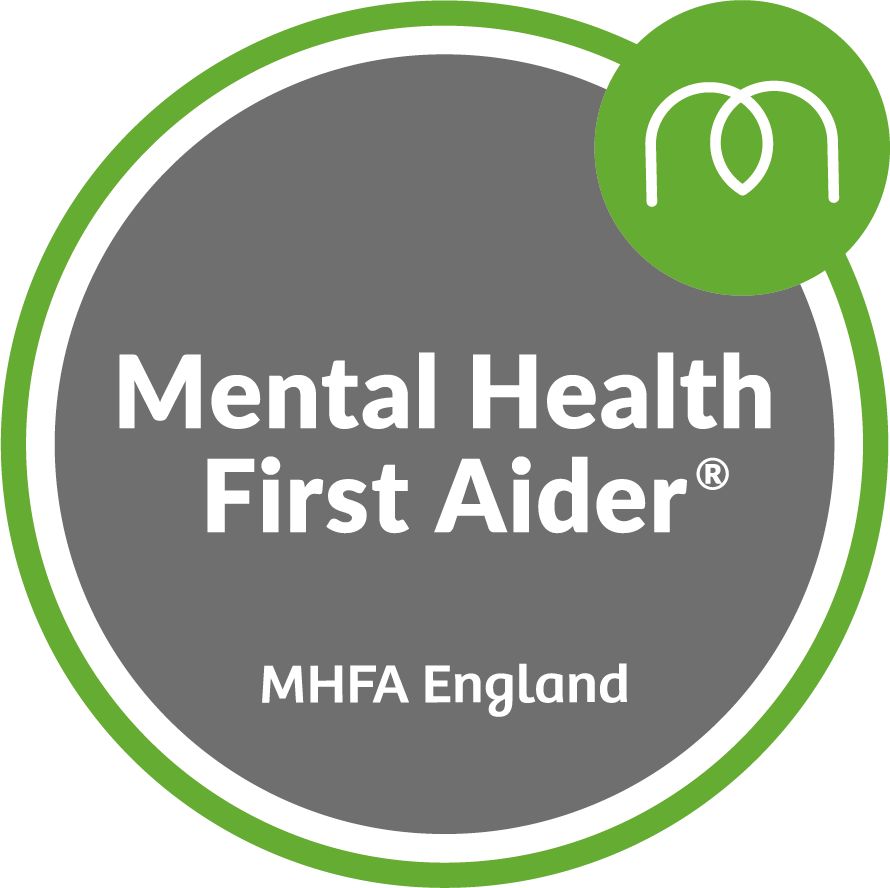Great Linford Primary School strongly believes that emotional wellbeing is just as important as academic achievement.
We all have mental health - mental health is about our feelings, our thinking, our emotions and our moods. Good mental health allows children and young people to develop the resilience to cope with whatever life throws at them and grow into well-rounded, healthy adults.
Mental health problems affect about 1 in 10 children and young people. They include depression, anxiety and conduct disorder, and are often a direct response to what is happening in their lives.
A survey in 2017 conducted by the National Association for Head Teachers (NAHT) and the charity Place2Be found that 1 in 5 children will have at least one mental health difficulty by the time they are eleven, giving rise to unhappiness, insecurity and disrupting functioning.
A report into Children and Adolescents Mental Health and CAMHS (Children and Adults Mental Health Services) by the House of Commons Health Committee (2014) found that for half of adults with a lifelong mental health problem, the onset of their difficulties started before the age of 14, with the majority arising between 8 and 15 years old.
Alarmingly, however, 70% of children and young people who experience a mental health problem have not had appropriate interventions at a sufficiently early age (Statistics from Mental Health Foundation). Schools are on the frontline when it comes to supporting children and young people’s mental wellbeing. At Great Linford we believe that staff working in school are ideally placed to recognise and respond to early signs of mental health difficulties in children and put strategies into place to support them.
We all have mental health - mental health is about our feelings, our thinking, our emotions and our moods. Good mental health allows children and young people to develop the resilience to cope with whatever life throws at them and grow into well-rounded, healthy adults.
Mental health problems affect about 1 in 10 children and young people. They include depression, anxiety and conduct disorder, and are often a direct response to what is happening in their lives.
A survey in 2017 conducted by the National Association for Head Teachers (NAHT) and the charity Place2Be found that 1 in 5 children will have at least one mental health difficulty by the time they are eleven, giving rise to unhappiness, insecurity and disrupting functioning.
A report into Children and Adolescents Mental Health and CAMHS (Children and Adults Mental Health Services) by the House of Commons Health Committee (2014) found that for half of adults with a lifelong mental health problem, the onset of their difficulties started before the age of 14, with the majority arising between 8 and 15 years old.
Alarmingly, however, 70% of children and young people who experience a mental health problem have not had appropriate interventions at a sufficiently early age (Statistics from Mental Health Foundation). Schools are on the frontline when it comes to supporting children and young people’s mental wellbeing. At Great Linford we believe that staff working in school are ideally placed to recognise and respond to early signs of mental health difficulties in children and put strategies into place to support them.
THINGS THAT CAN HELP KEEP CHILDREN AND YOUNG PEOPLE MENTALLY WELL INCLUDE:
· being in good physical health, eating a balanced diet, getting regular exercise and plenty of sleep.
· having time and the freedom to play - indoors and outdoors
· being part of a family that gets along well most of the time
· attending a school that looks after the wellbeing of all its pupils
· taking part in local activities for young people.
OTHER FACTORS ARE ALSO IMPORTANT, INCLUDING:
· feeling loved, trusted, understood, valued and safe
· being interested in life and having opportunities to enjoy themselves being hopeful and optimistic
· being able to learn and having opportunities to succeed
· accepting who they are and recognising what they are good at
· having a sense of belonging in their family, school and community
· feeling they have some control over their own life
· having the strength to cope when something is wrong (resilience) and the ability to solve problems themselves.
Most children grow up mentally healthy, but surveys suggest that more children and young people have problems with their mental health today than 30 years ago. We are living in an age of increased expectations and pressures, use of the internet and social media which are all affecting children’s experience of growing up. That’s probably because of changes in the way we live now and how that affects the experience of growing up.
· being in good physical health, eating a balanced diet, getting regular exercise and plenty of sleep.
· having time and the freedom to play - indoors and outdoors
· being part of a family that gets along well most of the time
· attending a school that looks after the wellbeing of all its pupils
· taking part in local activities for young people.
OTHER FACTORS ARE ALSO IMPORTANT, INCLUDING:
· feeling loved, trusted, understood, valued and safe
· being interested in life and having opportunities to enjoy themselves being hopeful and optimistic
· being able to learn and having opportunities to succeed
· accepting who they are and recognising what they are good at
· having a sense of belonging in their family, school and community
· feeling they have some control over their own life
· having the strength to cope when something is wrong (resilience) and the ability to solve problems themselves.
Most children grow up mentally healthy, but surveys suggest that more children and young people have problems with their mental health today than 30 years ago. We are living in an age of increased expectations and pressures, use of the internet and social media which are all affecting children’s experience of growing up. That’s probably because of changes in the way we live now and how that affects the experience of growing up.
Useful websites:
https://www.nspcc.org.uk/preventing-abuse/keeping-children-safe/mental-health-suicidal-thoughts-children/
http://smartfuse.s3.amazonaws.com/8371211752971c8d6c79940c8c633f2c/uploads/2017/09/Parent-leaflet.pdf
https://youngminds.org.uk/find-help/for-parents/
https://www.nhs.uk/using-the-nhs/nhs-services/mental-health-services/camhs-information-for-parents-and-carers/
https://www.forestholidays.co.uk/outdoor-education-and-child-development-guide/
https://www.nspcc.org.uk/preventing-abuse/keeping-children-safe/mental-health-suicidal-thoughts-children/
http://smartfuse.s3.amazonaws.com/8371211752971c8d6c79940c8c633f2c/uploads/2017/09/Parent-leaflet.pdf
https://youngminds.org.uk/find-help/for-parents/
https://www.nhs.uk/using-the-nhs/nhs-services/mental-health-services/camhs-information-for-parents-and-carers/
https://www.forestholidays.co.uk/outdoor-education-and-child-development-guide/













